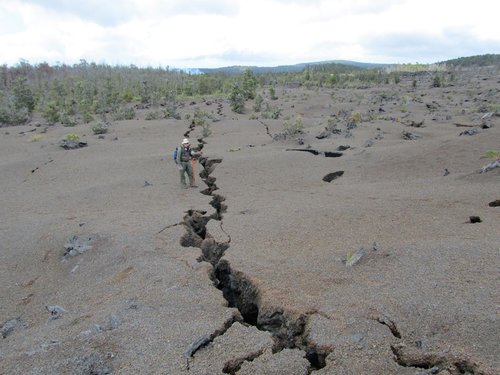I’m in Boise, Idaho for the Human Behavior and Evolution Society’s annual conference.
It’s been a blast. The presentations are awesome, the people are great, and the scenery is beautiful (Idaho – who would’ve thunk it?!).
But each time I come to an academic conference like this, I’m reminded of how bad most grad students and professors are at thinking about practical, real-world problems.
You see, PhDs spend years going an inch wide and a mile deep. They’ll study something like “testosterone and its role in dominance displays”, and then do 15 studies showing how testosterone increases 15% when someone wins a game of rock-paper-scissors, but only 10% when they outscore a rival on a math quiz.
While this kind of information is interesting to nerds like me, it generally doesn’t have a ton of applied value. That research into testosterone might have some odd medical applications, but understanding the specific testosterone release schedules for different activities is unlikely to be useful when figuring out how to build a better training program for new employees, or how to structure a grocery-delivery app so that it becomes more fun to use (and more habit forming).
Those problems require knowledge from cognitive science (learning & memory), reward/reinforcement psychology, motivational psychology, etc.
This is why those interested in doing applied behavioral work should, instead, work on being a few feet deep and a thousand feet wide. Gain a solid understanding of the basics of as many areas of behavioral science as you can.
This will allow you to approach each problem you face with a head full of frameworks and factoids that you can use to better understand what you’re up against. Otherwise, you’ll be the many with the hammer. You would be shocked by how few grad students (and professors) here really know much outside of their areas of focus.
Recently, I’ve been thinking a lot about which resources are best for getting behavioral science newbies up to speed on the core concepts from the across the behavioral science… and I think that the Oxford Short Introductions are excellent.
Check them out. Drill the basic concepts from as many parts of b.sci as you can into your head.





